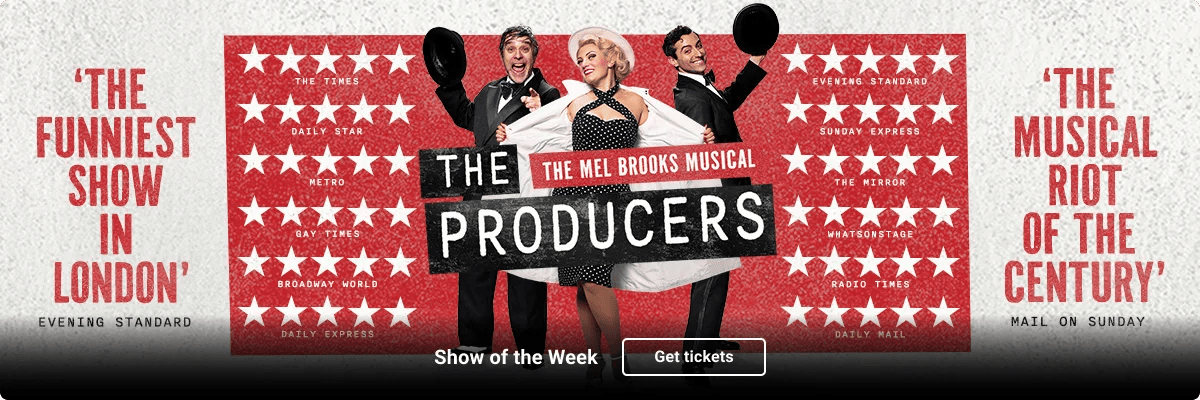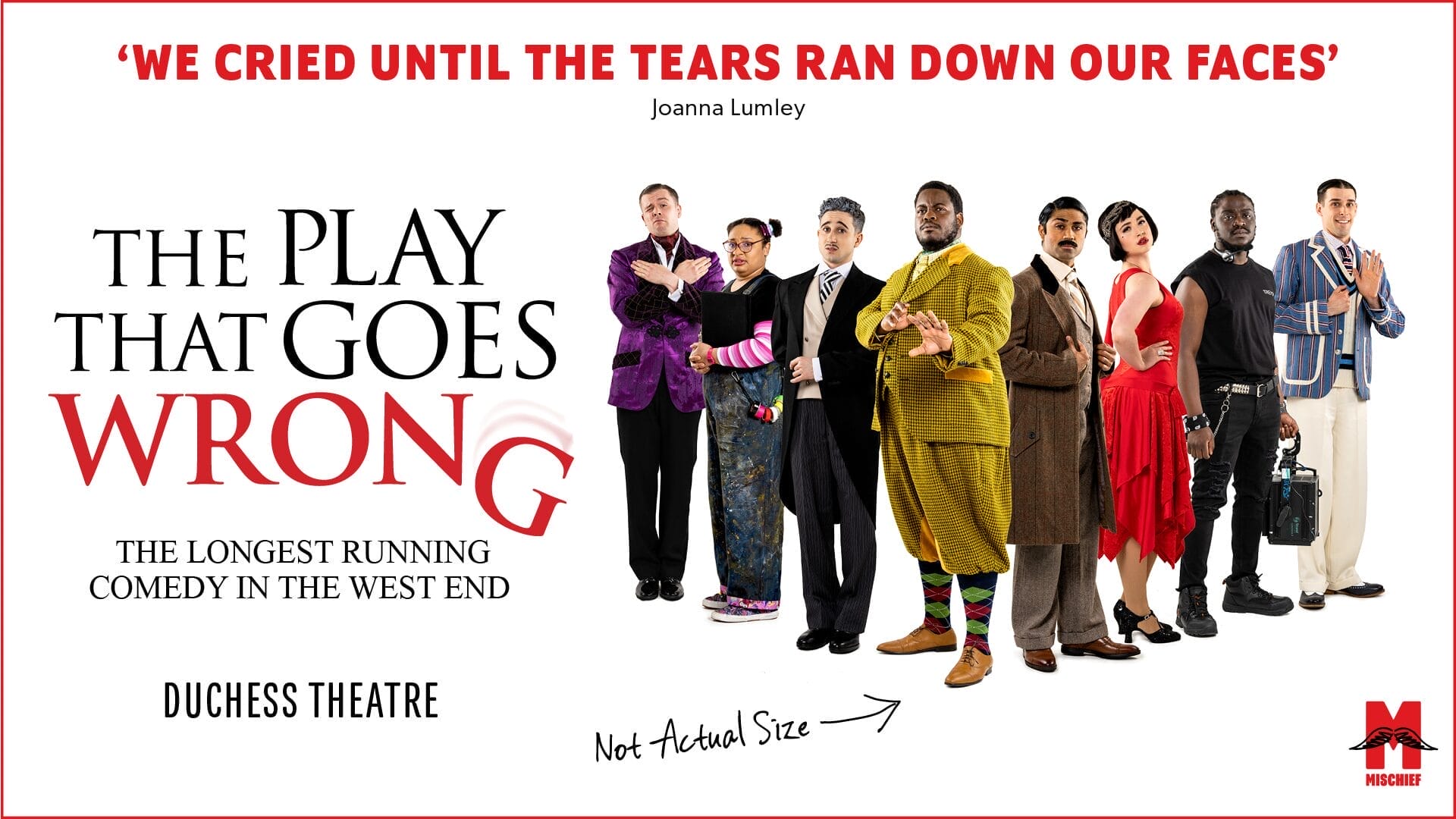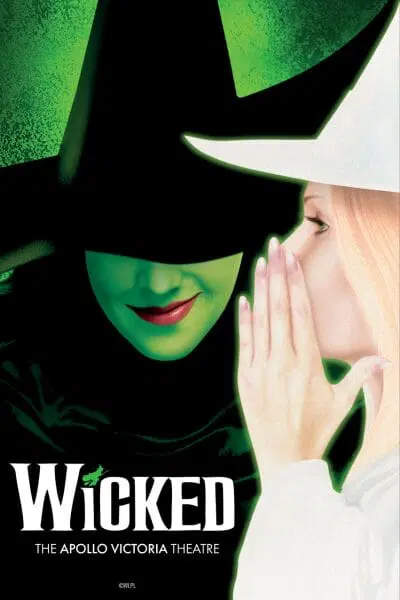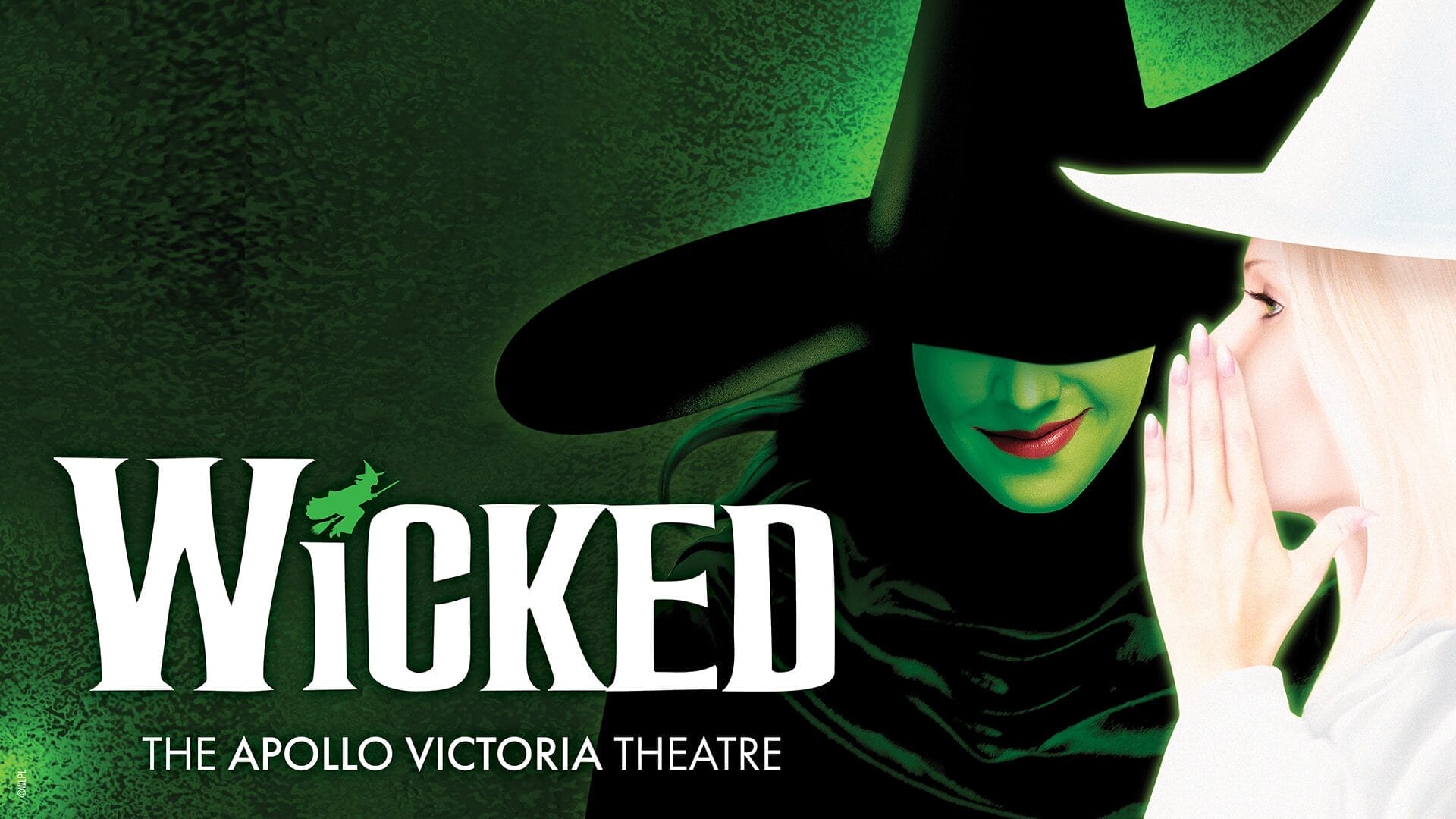Alex Waldmann stars in the London première of Jean-Philippe Daguerre’s Farewell Mister Haffmann at Park Theatre.
This critically acclaimed play, adapted by Jeremy Sams, explores the moral complexities of life in Nazi-occupied Paris. Waldmann takes on the role of Joseph Haffmann, a Jewish jeweller who makes a risky deal with his employee to avoid deportation.
The production promises a blend of dark humour and suspense against the backdrop of World War II. Farewell Mister Haffmann runs from 5 March to 12 April 2024 at Park Theatre.
You’re appearing in Farewell Mister Haffmann at Park Theatre. What can you tell us about the show?
“Farewell Mister Haffmann” is one of France’s most successful and long-running plays, and a winner of four Molière Awards. It received its English language premiere in Bath in 2023, and our production will be the London premiere.
Set in 1942 in Nazi-occupied Paris, Jewish jeweller Joseph Haffmann faces imminent danger as Jews are being rounded up across the city for deportation. Desperate, Joseph turns to his trusted employee Pierre Vigneau for help.
In a risky and unconventional deal, he transfers ownership of his jewellery shop to Pierre in exchange for being hidden from the Nazis. But the deal comes with an unexpected condition: in return for hiding him from the Nazis, Pierre requests that Joseph enter into a particular arrangement with his wife, Isabelle (the childless couple are desperate to fill that hole in their lives). This unusual request raises the stakes, as the three of them find themselves struggling with the dangers and moral complexities of their situation.
A Matisse painting and an art loving Nazi officer and his flamboyant wife complicate matters further for Pierre, Isabelle and Joseph. As the marital pressures and absurd demands pile up, their deal teeters on the edge of collapse.
Blending dark humour and suspense against the background of unprecedented times, this play shines a light on human resilience in the face of impossible choices.
How did you prepare for the role of Joseph Haffmann, and what challenges did you face in portraying this character?
The biggest challenge is trying to begin to imagine what it might have been like to be locked in the cellar of your own business, totally isolated from the outside world and your wife and 4 children for 2 years, with the awareness and constant fear that, just outside your door, there are people who want to kill you if they found you. Added to that you’re trying to understand the moral dilemma of the deal he enters into – having to consistently commit adultery against a wife he loves so dearly – in order for him to survive the war, reunite with his family, save the business and get his family name back onto the shop to protect his legacy.
Although he’s the titular character, it’s more like Henry VI than Hamlet, in that much of the action evolves around him and because of him, but he’s not the one driving it (which would probably be more in my comfort zone as an actor!). The play unfolds over two years, shown through snapshot scenes where the audience gets a glimpse into key moments in these characters lives. So, there are many gaps to be filled between scenes, and a lot of the changes have to happen internally rather than being shown in the action.
Joseph’s sense of his Jewish heritage and faith is far more pronounced in his identity and day to day worldview than my own. Both in terms of the moral dilemmas he’s faced with and the sense of his life being under threat for the religion he was born into. I’m playing someone whose life is under threat for his religion, yet I am very fortunate that I haven’t ever personally experienced antisemitism in my own life, and I was brought up in a very secular, atheistic household. I’ve been lucky enough to play a number of Jewish roles over the past few years, and each time I’ve learned something new about the culture and religion into which I was born but am not actively involved in in my day-to-day life.
As with any role you locate those areas in which you differ as well as those characteristics which are like you. And for me, I want to do all that work in rehearsal, so it feels like me when I come out on stage in front of an audience.
The play deals with complex moral dilemmas. How do you think audiences will respond to these themes?
One of the things I appreciate most in this play and what drew me to it when I first read it, is that the play asks a lot of the audience, and leaves many unanswered questions for which the audience can make up their own mind rather than telling them what to think.
It’s a play about the triumph of the human spirit in times of the most extreme adversity and the lengths to which we’ll go to in order to survive and choose life. The characters do morally dubious things for noble reasons and also decent, noble things for more selfish, dubious reasons. Can you justify committing adultery against a partner you dearly love, in order to help a couple realise their dream of having a child whilst being your only option to potentially survive a war? Can you justify selling jewellery to Nazis if it’s the only option to keep a business and those close to you alive? Can you understand why a German might become a Nazi in order to survive (and prosper) during the war if there was no other option and resistance was futile?
What really goes on between Joseph and Isabelle during 2 years of monthly rendezvous scheduled solely to conceive a child? Can you be that intimate with someone over such an extended period and have it remain entirely innocent and platonic? Or does it start to fulfil a need for both of them when they are being starved of intimacy elsewhere?
There are many contemporary relevancies that audience members might draw from it and resonate with – and hopefully it will be a unique and personal experience for each person that comes to see it.
Can you tell us about the dynamics between the cast members and how that translates on stage?
Oscar Toeman, our director, and casting director Amy Blair have assembled a fantastic ensemble of five leading and experienced actors – Nigel Harman, Jemima Rooper, Jennifer Kirby, Michael Fox and myself. Although we all have our own way of working, we all share a sense of really wanting to interrogate the play, fill in as many gaps as we can and give the audience an amazing night out at the theatre.
Michael, Jenny and myself haven’t really left the rehearsal room for the past 4 weeks as our characters don’t leave the stage, and have established a really powerful, supportive and close relationship, reflecting something of the inescapable closeness that our characters go through in the play. It’s a real treat to get to work with actors that think and work in a similar way to you and share a generosity of ideas, spirit and approach. I feel very privileged to have had the chance to watch their scenes develop over rehearsal and can’t wait to share a stage with them as we get to share this intimate story in front of an audience during the run. Hopefully that close personal bond we have built as actors will come across to the audience in one of the most uniquely interdependent ménage-a-trois I’ve ever read in a play!
This production has been successful in France and at Theatre Royal Bath. What makes it unique for London audiences?
This is a brand-new production for London – a new director and an all-new cast. French productions will have their own style, the fantastic Bath cast brought their own unique flavour to their production, and ours will feel entirely different and reflect this particular cast and creative team behind it.
What would you say to anyone thinking of booking to see Farewell Mister Haffmann?
For anyone thinking of booking as well as anyone who’s potentially put off by the idea of going to see another potentially depressing Holocaust-themed play, I can assure them that they won’t have seen one quite like this before! As well as being a unique take on a Holocaust survival story, it’s just as much a play about the lengths a couple will go to in order to have a child.
90 minutes, no interval, it’s a rollercoaster ride, it’s a pressure cooker, it’s funny, it’s moving, it’s humane, it’s heartbreaking, it’s dangerous, it’s surprising and it shows human beings trying their best to cope in the most extreme of circumstances. What might happen when a Nazi and Jew sit down together for dinner in Occupied Paris in 1944? Think Jojo Rabbit, Inglorious Bastards with a touch of Shawshank Redemption. Plus, the great Michael Fox in tap shoes….

















